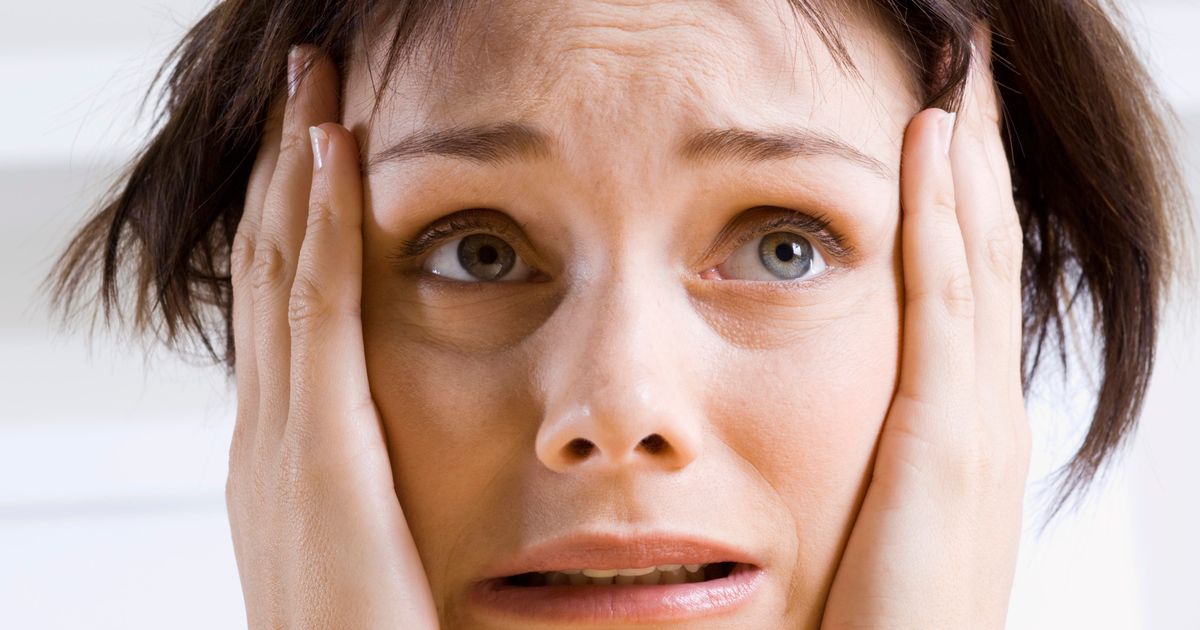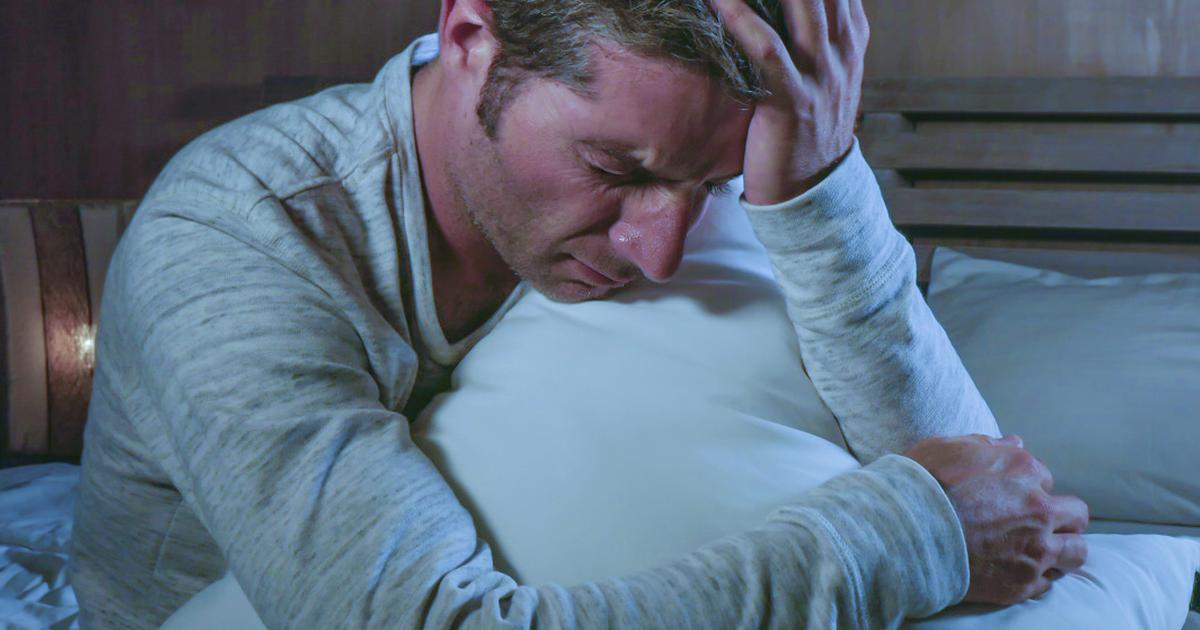How To Understand The Difference and Similarities Between Anxiety And Depression
Anxiety

Although anxiety can also last for a long time, it often stems from a discrete or ongoing traumatic experience. In either case, anxiety is an emotional response that manifests in many ways, including through the body’s receptors. Some typical symptoms patients with anxiety experience include agitation, lightheadedness, constant fear and worrying, self-doubt, and extreme mood swings.
These symptoms can be triggered by an event and make the sufferer feel as if they are reliving a traumatic experience all over again. It is important for family members and friends to be considerate of events or situations that may trigger their loved one's anxiety. They can do this by avoiding conversations and activities that trigger an anxious response and by supporting their loved one during an anxiety attack.
Feeling Keyed Up VS Moving Slow

One important difference is in feeling keyed up versus moving slow. Anxiety leads to 'keyed up' feelings, while depression leads to slow moving and fatigue. When an individual is depressed, they may have trouble connecting with the world around them. Their physical movements may be slower than usual, and they might have trouble concentrating or following conversations that happen too fast. Tiredness is one of the key symptoms of depression. Meanwhile, anxiety can make an affected individual feel like they're on high alert. They may notice tons of little details around them and feel like their brain is on overdrive. Rather than struggling to pay attention, their mind may race or come up with catastrophic and unlikely scenarios.
